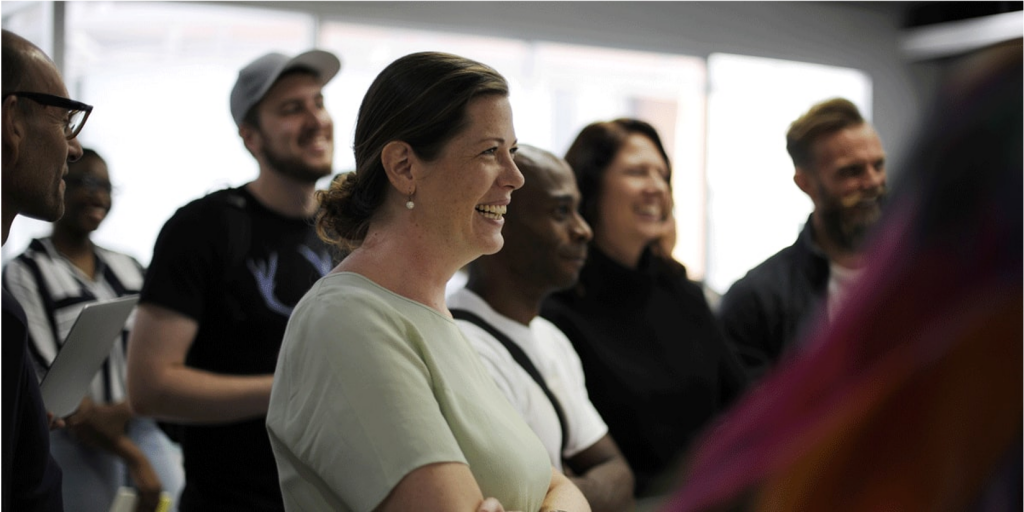Michael James On
Culture Change
Culture Assessment
A thorough diagnostic assessment of your team’s culture can often uncover what is enabling and what is hindering collective team and organisational performance. Michael James employs a suite of tools to objectively assess the current and desired culture of teams or the entire organisation. Some commonly used tools include:
01.
Collective Leadership Assessment™ (CLA)
Collective Leadership Assessment™ (CLA) a powerful litmus test of leadership effectiveness, offering a robust employee view and comparing the organisation’s effectiveness against a global database utilising Leadership Circle’s CLA.
02.
Independent, Third-Party, Interviews & Observations
Michael James personally interacts with the leaders and employees of the organisation as an independent, third party, to determine company culture and provide tailored advice around enhancing the key drives of culture change.
03.
Engagement surveys
Measure of employee motivation and engagement to reveal the cultural attitude towards work and the overall environment. Although a measure of environment rather than culture, it may be used as an indicator for cultural change.
04.
Tailored Pulse surveys
Regular check-ins which provide a ‘pulse’ check on the movement of vital employee and team metrics such as levels of trust, team dynamics, commitment, and result orientation..
05.
Organisational Culture Inventory (OCI)
The most thoroughly researched and widely used tool for measuring organisational, company and corporate culture utilising Human Synergistics’ OCI.
Team Dynamics Assessment
Team dynamics can vary from team to team in an organisation based on the level of trust and its collective leadership.
In our experience, while some teams may exhibit high team performance, they often fall short of realising their full potential. Other teams can exhibit more obvious characteristics of dysfunctional behaviour with varying levels of aggressive-defensive or passive-defensive behaviour.
Michael James helps businesses define and establish a tailored, team rhythm to ensure various team modes are created and used. This includes techniques such as emotional check-ins and operational tactical discussions daily or weekly, together great the opportunity for regular strategy meetings and team development type sessions perhaps monthly and deeper reflective and planning workshops annually. The end result is more time efficient and higher performing team culture.

Genuine Culture Change
To cultivate genuine culture change, teams need to transition effectively from the old to the new way of doing things. To do this, there are several organisational levers that need to be monitored and adjusted. These are typically described as hard levers (such as strategy, structure, and systems) and soft levers (such as behavioural standards, stories, and symbols). However, the lever that has the greatest impact on culture by far is leadership impact.
To cultivate and transition culture change, collective leadership must therefore transition to a higher level. Michael James is highly skilled in working with team and executive leaders to bring together both hard and soft levers to evolve leadership culture and behaviour - particularly during times of significant change such as through a merger or company acquisition. Through a careful mix of assessment, workshops and mentoring Michael James has experience in transitioning teams quickly yet effectively.
Need to Discover your culture gaps?
Arrange a phone call with Michael James to grow your team through cultural cultivation
Coaching and Mentorship
This is one-on-one coaching in a highly trusted, safe environment for participants to accelerate their leadership capability and learn to deliver on the current and emerging expectations of their role. It enables participants to build greater self-awareness of their thinking and behavioural styles, strengths, and areas for further development. Individual coaching programs are uniquely tailored, specialised, and highly effective at achieving behavioural change and superior business performance.
Coaching sessions are conducted in person and online and provide participants the opportunity to:
- Reflect on their strengths and professional challenges.
- Create and validate vision, purpose, and values.
- Access assistance in developing longer-term strategies for individual and organisational success.
Participants learn how to:
- Become more effective leaders.
- Build high performing teams and organisational culture.
- Create and role model vision, purpose, and values.
- Better utilise their unique strengths.
- Lead change effectively through various cycles of business strategy.
- Gain higher levels of perspective to deal with ambiguity and uncertainty more effectively.
- Further build their personal executive ‘brand.’
team Based Coaching
This is coaching within a group workshop environment where participants learn from each other and critical peer conversations are conducted. It is often complimented with individual coaching to accelerate how participants can further improve the way they work with their peers.
Team based coaching focuses on building higher levels of trust amongst team members, mastering dissent and having difficult conversations, and committing to a joint vision and strategy, clear accountability and shared ownership, and attention to joint results.
Group workshops are highly engaging, designed to build on the experience of participants and what’s required in an organisational strategy.

Development Partner
Participants are encouraged and allocated a development partner (‘buddy’) to practice new thinking and behaviour while also having someone to mutually provide critical feedback, insight, and encouragement. Development buddies meet independently outside the formal structure of workshops and their relationship often evolves to include mutual mentoring support over longer periods of time.
Resource Material
Assessment and Diagnostics
A thorough diagnostic assessment can often uncover what is enabling and what is hindering performance of both individual leaders and leadership teams.
Various tools are used to assess the current and desired behaviours of individuals and leadership teams as well as the context in which these leaders are performing. Our experienced consultants use the following to provide unique insights to assess leadership and cultural gaps in addition to interviews and observations of regular team meetings:
- Leadership Circle ProfileTM
- Collective Leadership AssessmentTM
- Clifton Strengths Finder
- DISC profiling
- Lifestyles inventory
- Leadership Impact
- Organisational Culture Inventory
- Organisational Effectiveness Inventory
Our leadership and cultural assessments enable us to provide a highly effective, tailored leadership development programs for individual leaders and leadership teams.
